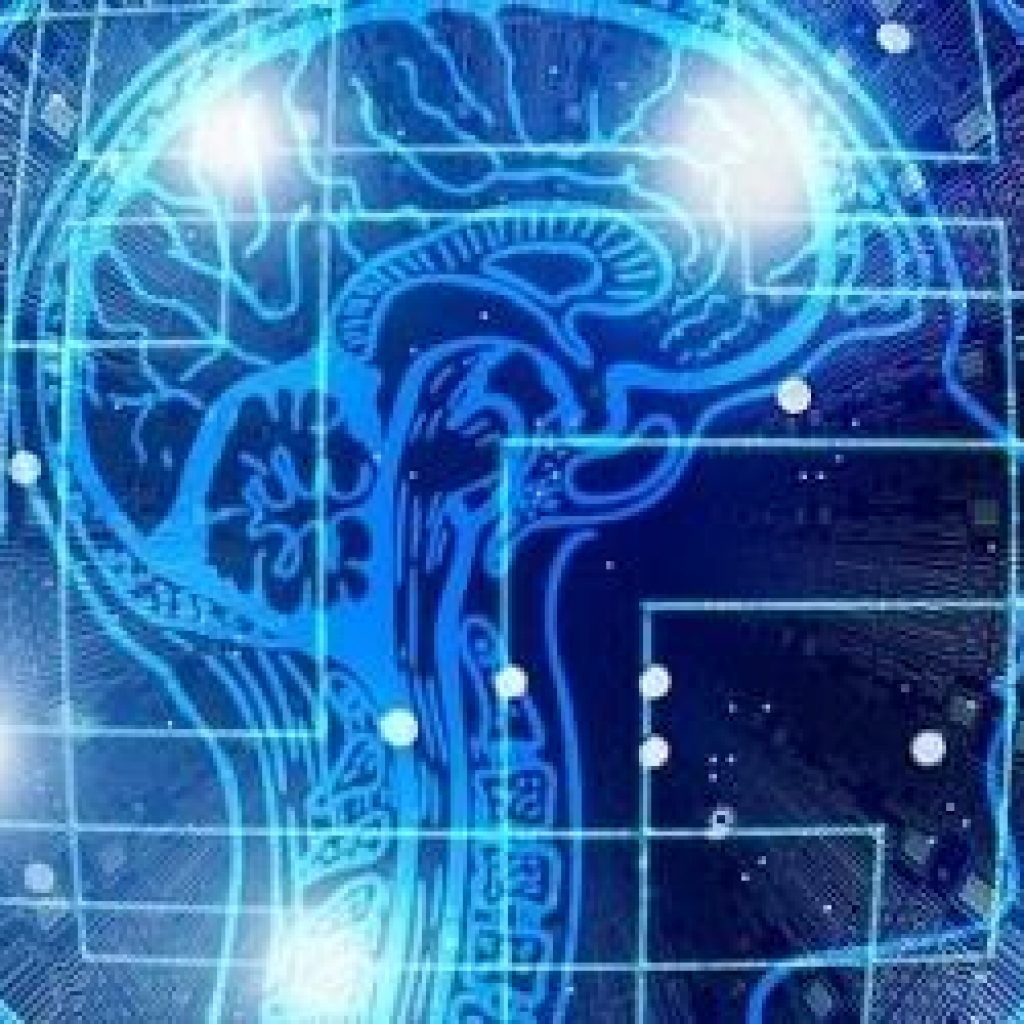(BusinessWorld) Machine Learning and especially Deep Learning models have been created to study and make predictions of quantum systems. One of the uses of Quantum Fast Fourier Transform (QFFT) is to reduce the computational power needed for Convolutional Neural Networks.
One important application of Machine Learning is for generating new or modified images, music, fake molecules, scans etc. The generation process detects and uses the probability distribution of underlying training data. The Quantum counterpart can learn the probability distribution faster and also generate data faster. The latter can also be used to augment datasets of detection models. D-wave a pioneer in Quantum computing is a company that is working in this area.
However, there are still implementation challenges. The classical data which could be human readable needs to be prepared to input into a quantum system and the reverse needs to be done to read the output. Sometime this may completely negate the benefit of quantum processing.
Machine Learning and especially Deep Learning models have been created to study and make predictions of quantum systems in these fields:
Chemistry
In Quantum mechanics, solving quantum many body problems need exponential amount of information. Here solving implies either finding the ground state or the dynamics of states evolution with time. At least two approaches have been developed to study quantum systems.
Physics
They are also being used in Quantum Physics e.g. in Ising model which is a mathematical model of ferromagnetism based on spins of atoms arranged in a lattice. Machine Learning models work on Ising model and predict the transition temperature to para magnetism and other properties of phase transitions.
Quantum computers
Quantum computers are based on Quantum Mechanics and are fundamentally different from classical computers. Their basic building blocks are qubits which are superpositions of both ‘0’ and ‘1’ states and so n qubits actually represent 2^n number of states with varying probabilities. Google, IBM and Intel have demonstrated Quantum computers with qubits between 50 and 100 but with capability to work on a specific task. Aim is to create general purpose Quantum computer that can surpass classical computer in performance.
Eventually, Quantum computers will achieve Quantum supremacy, i.e. when they will perform tasks that classical computers cannot accomplish. They will exponentially reduce the time needed to train Machine Learning models including the ones that are used to study quantum phenomena, bringing the two fields of study even closer
